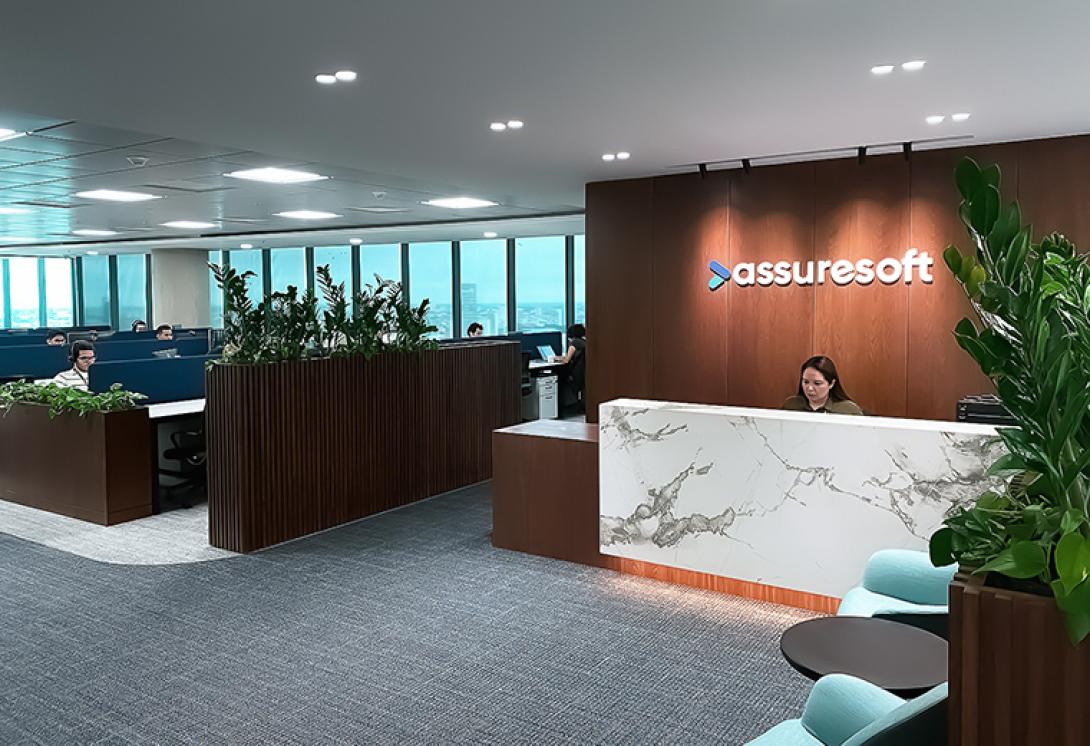We hope that the following tips will be useful to you and your development team, and will help you with the various coding tasks and keep the code as tidy as possible. Don't forget, the code must be maintainable, reusable and verifiable.
One practice that certainly helps make your code maintainable and verifiable is Test Driven Development (TDD) which we will detail later.
Coding is the action of expressing a solution to a problem in a programming language. In other words, coding is like holding a piece of wood and carving it into a masterpiece. If you want to code better and become a recognized developer, you have a long way to go, but the following tips are a good starting point.
- Keep the code readable: writing new code can be a very challenging task, but trying to understand badly written code is a nightmare. Even if you're working on a single project, keeping the code readable will be best. Readability will bring you closer to a better understanding of the code, plus support and maintenance will be easier.
- Use the comments in the code when necessary: it is better not to make assumptions, and to avoid them you can add comments, so you can also help your colleagues when reviewing the code. Don't forget to keep the same line in all your comments.
- Have a global vision of what you want to achieve: visualize the pieces of that whole and their interrelations, which means leaning on tools that can help you abstract a problem. For example, Unified Modeling Language (UML) provides the necessary means to build class diagrams, sequences, flows, components, etc. In addition, it is important to consider programming principles and design patterns.
- When writing the code, use (TDD): this way you will be able to deliver the desired functionality and it will be easier to follow, adapt, or apply the SOLID principles in your code.This practice promotes the creation of unit tests for new features before they are implemented. Additionally, it reinforces that future changes in the code do not break other existing features. Practices like TDD make it possible to have better code and know that the system you are working on is a little better than the day before.
- Configure the Integrated Development Environment (IDE): having your work environment configured allows you to increase your efficiency, follow a coding and formatting standard, do code debugging and many other benefits.
- Be aware of the application: basically, be ordered, with a place for everything (models, entities, persistence, Data Access Objects (DAOs), utilities) and everything in its place. This is very important, especially for future maintenance, since the application can be completely understood from the inside with a simple glance, instead of finding something different every time.
- Have a positive attitude and an open mind: There is always something we can improve and many times new ideas will conflict with the practices we are used to. But if we give ourselves the opportunity to listen and learn, the results will be very beneficial.
We encourage you to constantly improve the quality of your code. You only need discipline and willpower to make it happen. The biggest advantage of writing high quality code is that once it is finished, anyone will be able to read and understand it, and it will be maintainable.








